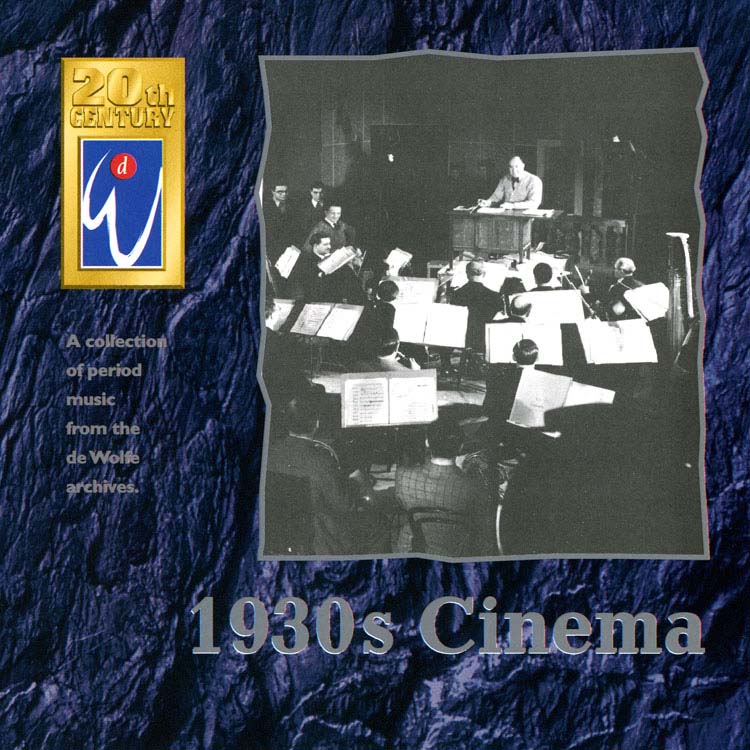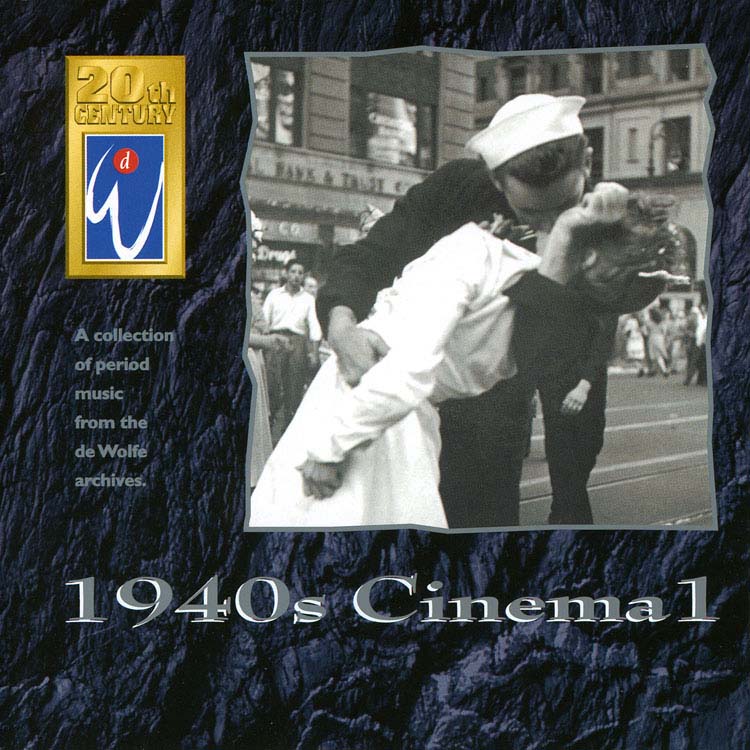Olive Turner was a composer, arranger, pianist and vocalist who worked and composed for de Wolfe up until 1954. She created a vast and varied body of work that ranged from masquerades and singalongs to comedy musicals and soundtracks for cinema.
 Olive Turner was born in 1890 and, following her time at the Royal Academy of Music, she had a fruitful career as a versatile and decorated soprano singer, performing ballads, recording film music and becoming a medallist of the Worshipful Company of Musicians. She was also a recipient of the Betzemann gold medal for Opera and, before composing, spent many years touring and singing on the stage.
Olive Turner was born in 1890 and, following her time at the Royal Academy of Music, she had a fruitful career as a versatile and decorated soprano singer, performing ballads, recording film music and becoming a medallist of the Worshipful Company of Musicians. She was also a recipient of the Betzemann gold medal for Opera and, before composing, spent many years touring and singing on the stage.
Such a strong musical background and career naturally informed her compositions, and she would write for de Wolfe for the next two decades. Her pieces embody the feel of her era, with much of her work still being used today. Often commemorative and moving, works such as The Jubilee Song are symbolic of the time she wrote in.
Her years performing with her husband would also manifest in some joint compositions, such as on this Turner/Baynton-composed Hail Elizabeth II:
Olive Turner - Hail Elizabeth II

Olive Turner died in 1954, two years after her husband, leaving behind an extensive oeuvre reflecting a musical life well-lived. In addition, their musical legacy continues with their grandson David, drummer for English rock band 'James'. Turner’s music lives on as part of the de Wolfe library and continues to be used today, epitomising both the sound of her era and her enduring independence as a female composer.


